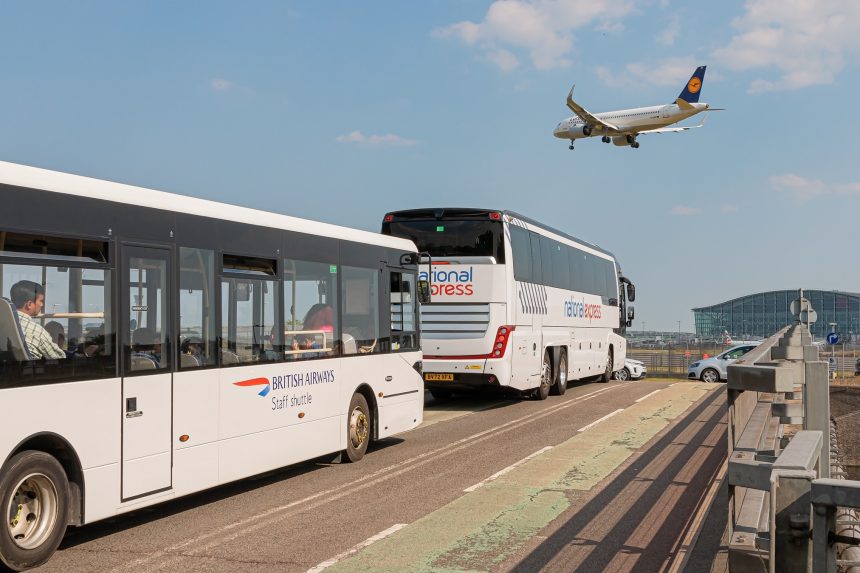Making a company a good place to work, and its importance – routeone (route-one.net)
When asked to write an article about the challenges of driver recruitment and retention in the coach and bus industry, as a former regulator and a current specialist transport law adviser I knew I had a couple of points to make.
But my internet research changed the whole theme of my article. I was encouraged by the positive statements about the benefits of working as a coach or bus driver. But as I then read what the drivers themselves said, I became more despondent.
A large, well-known recruitment website has an employee feedback section. What a depressing read it was. Complaints about poor treatment of drivers by management were a constant theme, as were the real challenges of trying to run punctual and reliable bus services in certain areas.
Poor pay and conditions, lack of employer support or engagement and feelings of isolation and not being valued were constant, as were many references to feeling as if they were a number and not a person.
Of course, there were some positive comments, but many of those related to their fellow drivers and not their employers.
I was originally going to write about three issues I thought were relevant to the recruitment challenge: Mental health, safety of drivers when on the road, and good terms and conditions with support for an increasingly diverse workforce. But my research put paid to that.
Instead, I want to challenge readers who are coach and bus operators and ask: What are you doing to make your company a good place to work – let alone a great one?
Nothing would make me happier than seeing the letters page filled with messages from irate operators (and drivers!) saying I am out of touch and giving numerous examples of their staff initiatives with supporting evidence of how that translates to recruiting, retaining and valuing drivers.
But I fear that the proportion of those will be small, and that many readers will now be looking a little guilty and asking themselves what they are doing.
Yes, of course, there are HR advisers and disciplinary policies and procedures. But what about drivers’ perks and benefits, and how do employers prove that they are a great place to work?
Unless that issue is dealt with PDQ, we can all write articles about the challenge of driver recruitment and retention but they will not make a scrap of difference and shortages will only get worse.
So the answer lies with employers. They must promote their businesses and ask: “Why would a driver not only want to work here in the first place, but then stay here and tell their friends that we are a great place to work?” How would drivers answer that question?
And: “Have my drivers written a bad review about my company on the internet, or would they if asked?” If they have, maybe it is time to develop a proper driver benefits package, and to really listen to what they say and act on it. After all, they are the public face of the company.
I look forward to reading the letters page as a result of this article. We can and should do so much more, and I look forward to supporting these initiatives.

